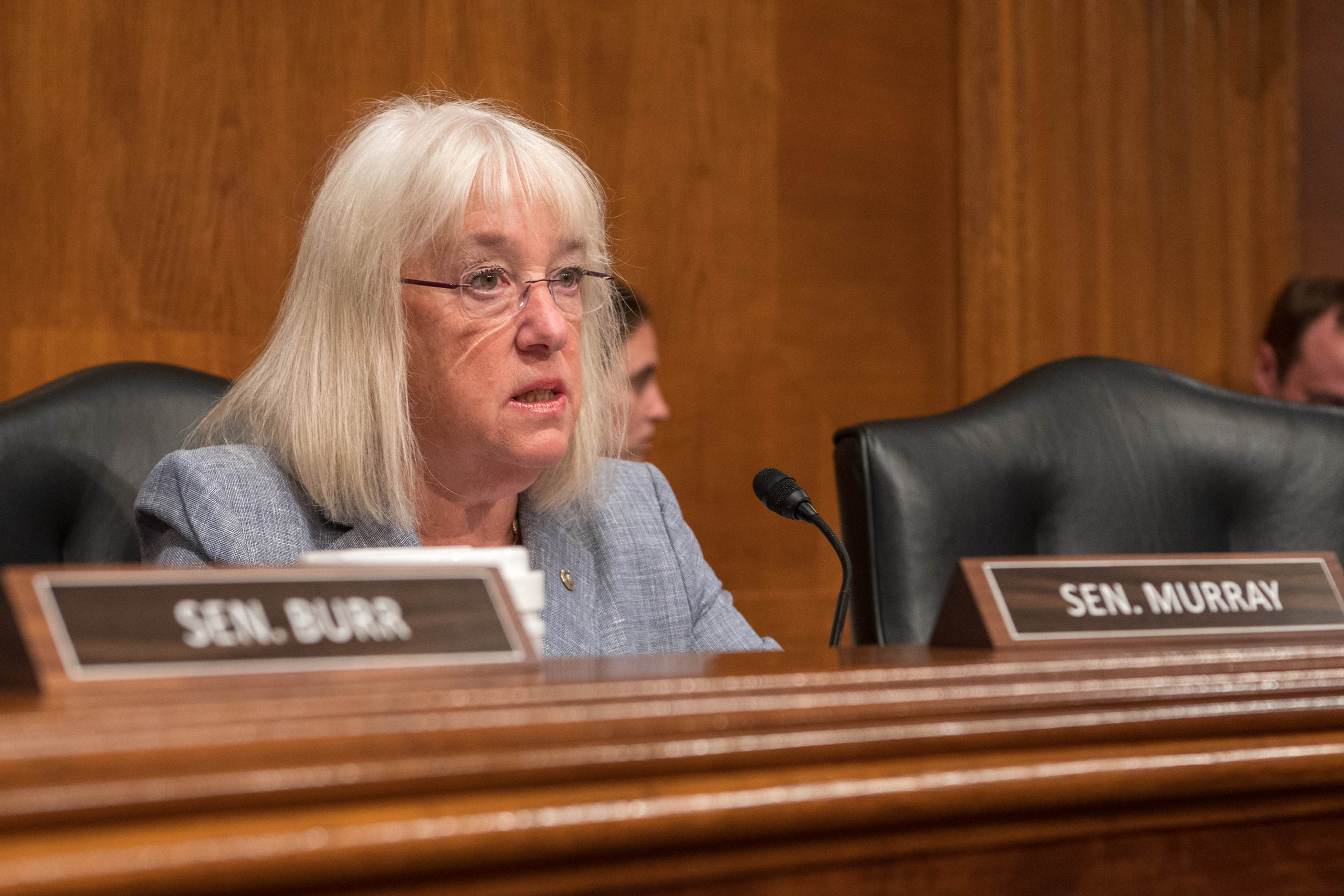The ‘Internet for All’ initiative, pushed by Sen. Murray invests $65 billion to expand high-speed internet access
Senator Murray’s legislation will help bring high-speed broadband to communities most in need
Senator Murray: “Families need high speed internet for their school, their jobs, their health care, and so much more.”
(Washington, DC) – Today, U.S. Senator Patty Murray (D-WA) hailed the launch of the new Internet for All initiative, which will invest $65 billion to provide affordable, reliable, high-speed internet for everyone in America by the end of the decade. The initiative will be administered and implemented by the U.S. Department of Commerce’s National Telecommunications and Information Administration (NTIA) and the funding is provided through the Bipartisan Infrastructure Law that Senator Murray helped pass last year.
“Having a reliable high-speed internet connection is just as essential as having running water or electricity. Families need high speed internet for their school, their jobs, their health care, and so much more,” said Senator Murray. “That’s why I fought hard to pass the Bipartisan Infrastructure Law, which included my Digital Equity Act, to put us on a path towards universal broadband and make sure everyone can make the most of a high-speed internet connection. This funding will help make sure we get high-speed internet to every community in Washington state—from the Yakima Valley to Bellingham—and it’s going to open countless doors and create real opportunity for workers, students, seniors, and so many others.”
Notably, the Internet for All initiative will draw on Senator Murray’s Digital Equity Act which will provide $2.75 billion in grants to states, tribes, and local communities to help close the digital divide and make sure everyone has the tools they need to get online and get connected. Specifically, the Digital Equity Act will be a historic investment in digital equity for local communities– focusing on key needs outside of just broadband deployment. The funding from the Digital Equity Act grants could be used for anything from laptops and devices for students to digital literacy classes for seniors at a local library. Importantly, the funding from the Bipartisan Infrastructure Law will be used to build high-speed broadband infrastructure to reach 100 percent coverage, promote transparency and competition, and reduce the cost of broadband internet service.
The Internet for All initiative launched with three Notices of Funding Opportunities:
- Broadband Equity, Access, and Deployment (BEAD) Program ($42.5 billion);
- Enabling Middle Mile Broadband Infrastructure Program ($1 billion); and,
- State Digital Equity Act programs, funded by Senator Murray’s Digital Equity Act ($1.5 billion).
To participate in the BEAD Program, states and other eligible entities must submit a letter of intent and a planning funds budget, which will unlock $5 million in planning funds and allow states to begin creating their five-year action plan. Each state will have direct support from dedicated NTIA staff through every step of the process. Each participating state is guaranteed a minimum $100 million allocation, with additional funding determinations made based on the forthcoming coverage maps from the Federal Communications Commission.
The Enabling Middle Mile Broadband Infrastructure Program will award grants on a technology-neutral, competitive basis to eligible entities for the construction, improvement, or acquisition of middle-mile infrastructure. The launch of the State Digital Equity Planning Grant Program kicks off a series of Digital Equity Act steps that will invest $1.5 billion to heighten adoption and use, like digital literacy training, for those who need it most, including communities of color, rural communities, and older Americans.
###


